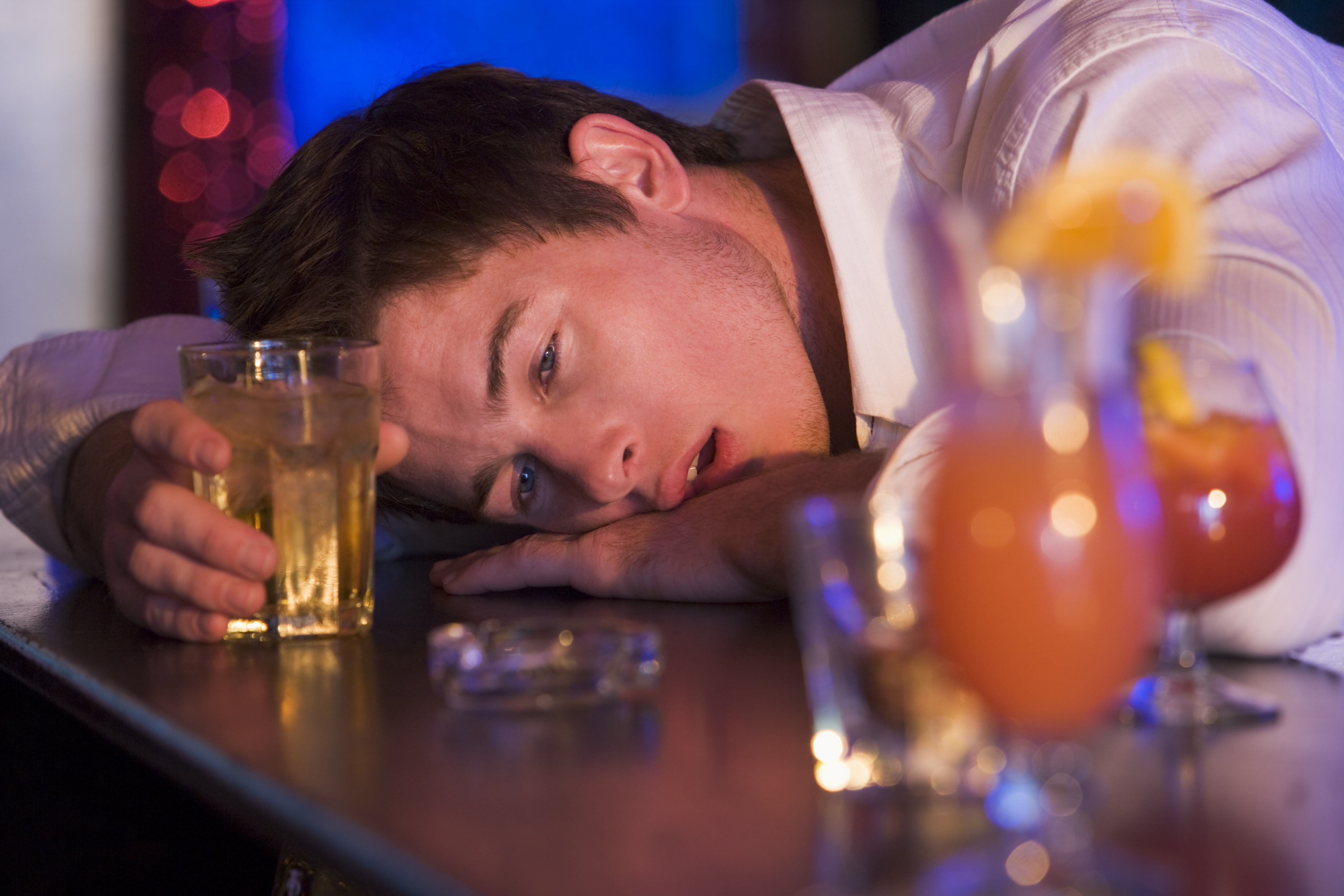Many people don’t know that Poor sleep insomnia and Depression will cause obesity
Obesity has reached epidemic proportions in the world over and especially more developed countries. The problem is so common among adolescents. A substantial impact on public health could be achieved if other factors causing obesity besides the conventional ones of diet and physical activity could be identified and acted upon.
The present study investigates whether there is a link between low sleep quality and obesity in a cross-sectional sample of male and female adolescents ages 11–16 years old (Heartfelt Study). Sleep quality was expressed as two variables that is total sleep time and sleep disturbance time within 24-hour wrist actigraphy. A percent of body fat and body mass index (BMI) were used together to define obesity.
The potential influence of demographic and behavioral confounders was considered in models that described the relation of sleep to obesity occurrence. Obese adolescents experienced less sleep than no obese adolescents (P < 0.01). For each hour of lost sleep, the odds of obesity increased by 80%. Sleep disturbance was not directly related to obesity in the sample, but influenced physical activity level (P < 0.01). Daytime physical activity diminished by 3% for every hour increase in sleep disturbance. The above observations were independent of potential confounding variables. Inadequate and poor sleep quality in adolescents may be important factors to consider in the prevention of childhood obesity.
Insomnia is a sleep disorder that millions of people all over the world have to live with. Individuals with insomnia find it difficult to either fall asleep or stay a sleep. Its commonly leads to daytime sleepiness and general feeling of being unwell both physically and mentally.
Although insomnia can affect people at any age, it is more common in adult females than adult males. The sleeping disorder can undermine school and work performance, as well as being a cause of obesity, anxiety, depression, irritability, concentration problems, memory problems, poor immune system function, and reduced reaction time. Insomnia has also been associated with a higher risk of developing chronic diseases.
Insomnia can be caused by physical factors as well as psychological factors. There is often an underlying medical condition that causes chronic insomnia, while transient insomnia may be due to a recent event or occurrence.
Disruptions in circadian rhythm: jet lag, job shift changes, high altitudes, noisiness, hotness or coldness
Psychological issues: people with mood disorders, such as bipolar disorder or depression, as well as anxiety disorders or psychotic disorders are more likely to have insomnia.
Medical conditions: brain lesions and tumors, stroke, chronic pain, chronic fatigue syndrome, congestive heart failure, angina, acid-reflux disease (GERD), chronic obstructive pulmonary disease, asthma, sleep apnea, Parkinson’s and Alzheimer’s diseases, hyperthyroidism, arthritis
Hormones: estrogen, hormone shifts during menstruation
Other factors: sleeping next to a snoring partner, parasites, genetic conditions, overactive mind, pregnancy
Media technology in the bedroom – researchers from the University of Helsinki, Finland, reported in the journal BMC Public Health that media technology in the bedroom disrupts sleep patterns in children. They found that children with TVs, computers, video games, DVD players and mobile phones in their bedrooms slept considerably less than kids without these devices in their bedrooms.
Some types of insomnia resolve themselves when the underlying cause is removed or wears off. In general, treating insomnia focuses on determining the cause of the sleeping problems. Once identified, this underlying cause can be properly treated or corrected. In addition to treating the underlying cause of insomnia, both medical and non-pharmacological (behavioral) treatments may be employed as adjuvant therapies.
Natural approaches to treating insomnia include:
- Improving “sleep hygiene” – don’t over- or under-sleep, exercise daily, don’t force sleep, try to maintain a regular sleep schedule, avoid caffeine at night, do not smoke, do not go to bed hungry, make sure the environment is comfortable
- Using relaxation techniques – such as meditation and muscle relaxation
- Cognitive therapy – one-on-one counseling or group therapy
- Stimulus control therapy – only go to bed when sleepy, refrain from TV, reading, eating, or worrying in bed, set an alarm for the same time every morning (even weekends), avoid long daytime naps
- Sleep restriction – decrease the time spent in bed and partially deprive your body of sleep so you are more tired the next night.
- Many people are depressed but don’t know it. Others may seem depressed to friends but really aren’t. It seems that we all have stereotypes of what depression is, but they aren’t always accurate in reality. One way to understand depression is to see it as consisting of two factors, or primary components. They are the psychological or “cognitive” component which affects mood, and the physical or “somatic” component which influences areas such as sleep and appetite. Viewing depression in this way sometimes helps to determine the primary cause of the problem.
Exercise – There is no doubt that regular physical exercise and activity is the cheapest and most efficient way to control your mood. Not only do exercise release brain chemicals which fight depression, it also gives a person a greater sense of control over his or her life.
Get rid of anger – Remember, an old definition of depression is “anger turned inward.” Unresolved resentment can damage both your relationships and health. Chronic anger and hostility can be your worst enemies. If anger is a problem, try taking an anger or stress management class to learn techniques to ward off long-standing angry feelings.
Keep a positive attitude – There is an entire field called “positive psychology,” which has grown from research that indicates the people with positive attitudes fight disease better and live healthier lives. I know it’s easier said than done, but remember the famous saying of Abraham Lincoln… “Most folks are about as happy as they make up their minds to be.”
Don’t take yourself too seriously – This is a tip that I’ve learned both from my own life and many of my patients. Humor is an important part of life. Some people have the ability to laugh at themselves, while others don’t. And each day, everything changes anyway. Laughing is good for all of us. Seeing the silly parts of life may give you a fresh point of view and change your mood.
Stay motivated – Try to set a goal for yourself, and then develop a plan of simple, small steps to get to the goal. Perhaps exercise is a good place to start. The keys to motivation are to not get overwhelmed with a goal that is too big or unrealistic, and to write things down to keep track of progress.
Talk to someone – If you were seeing a mental health professional before treating your obesity, keep in touch with them after as well. Remember, treating your obesity has a major emotional impact, and your life will change. Although these changes are mostly for the better, it is a good idea to have someone other than family or friends to talk to as you adjust to your new life.
If poor sleep insomnia and Depression is causing obesity in your life, help is on the way with doctor Akoury of AWAREmed Health and Wellness Resource Center. In this facility Doctor Akoury focuses on Neuroendocrine Restoration (NER) to reinstate normality through realization of the oneness of Spirit, Mind, and Body, Unifying the threesome into ONE.












 Depression Help, Defeat Depression
Depression Help, Defeat Depression






